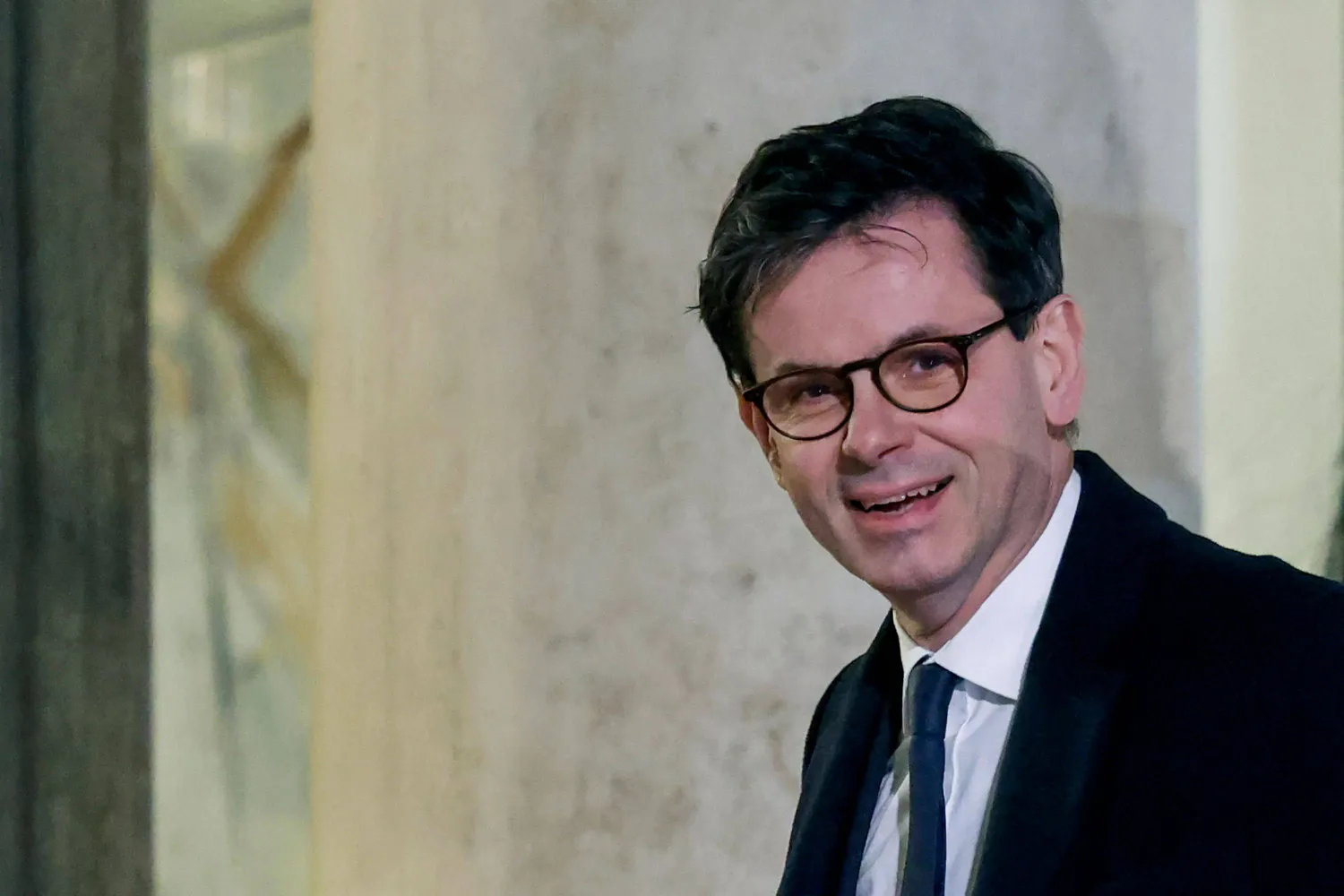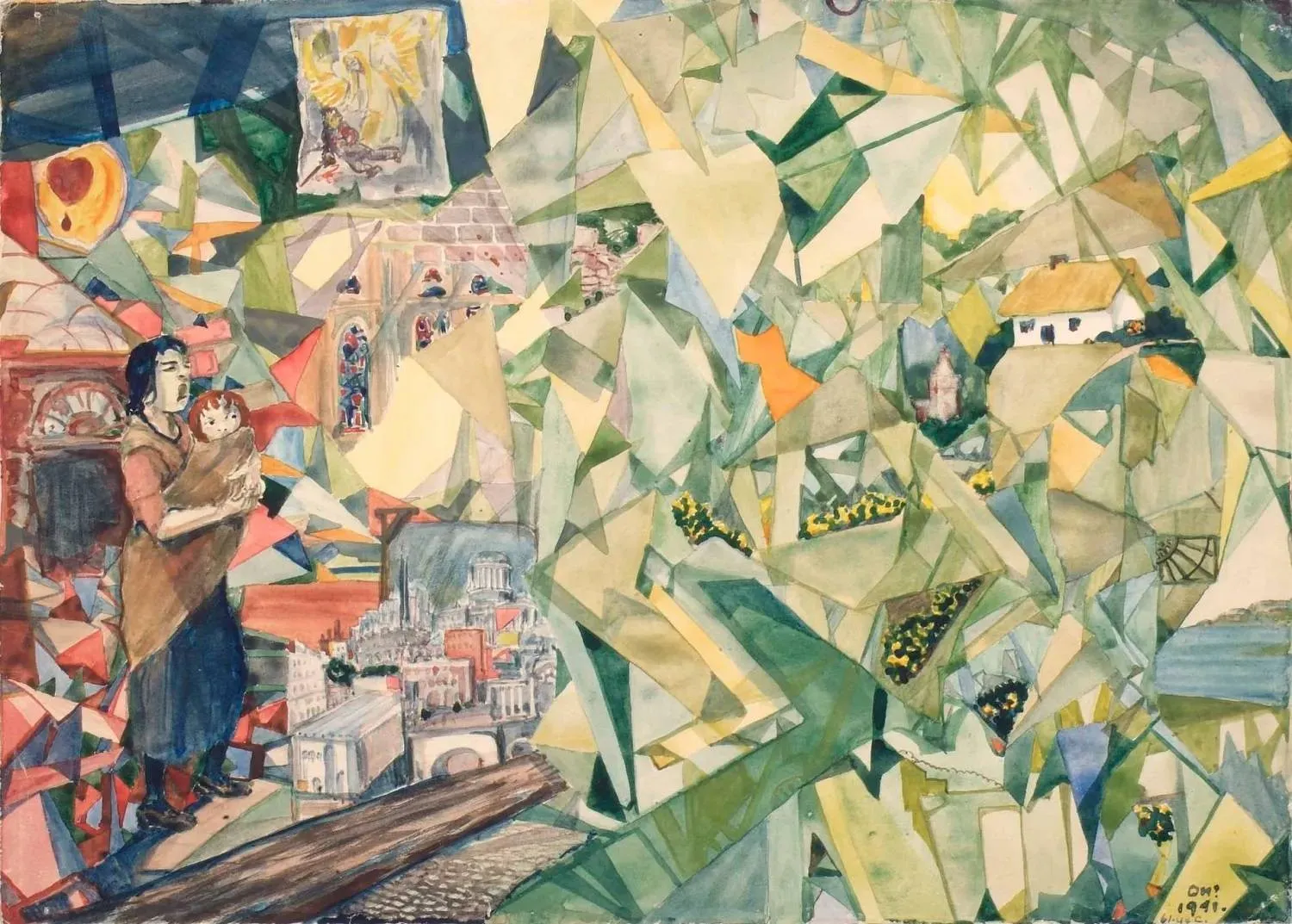Usain Bolt’s sprint world records were never in danger. Then again, even the world’s fastest-ever human likely wouldn’t have been so quick while balancing a tray with a croissant, a coffee cup and a glass of water through the streets of Paris, and without spilling it everywhere.
France’s capital resurrected a 110-year-old race for its waiters and waitresses Sunday. The dash through central Paris celebrated the dexterous and, yes, by their own admission, sometimes famously moody men and women without whom France wouldn’t be France.
Why? Because they make France’s cafés and restaurants tick. Without them, where would the French gather to put the world to rights over drinks and food? Where would they quarrel and fall in (and out of) love? And where else could they simply sit and let their minds wander? They have penned songs and poems about their “bistrots,” so attached are they to their unpretentious watering holes that for generations have nourished their bodies and souls.
“That is where you will find the population’s fine flowers,” sang songwriter-poet Georges Brassens, but also “all the miserable, the down on their luck.”
So drum roll, please, for Pauline Van Wymeersch and Samy Lamrous — Paris’ newly crowned fastest waitress and waiter and, as such, ambassadors for an essential French profession.
And one which has a big job ahead: Taking the food orders and quenching the thirsts of millions of visitors who will flock to the Paris Olympics this July.
The resurrection of the waitering race after a 13-year hiatus is part of Paris’ efforts to bask in the Olympic spotlight and put its best foot forward for its first Summer Games in 100 years.
The first waiters’ race was run in 1914. This time, a couple of hundred of waiters and waitresses dressed up in their uniforms — with the finest sporting bow ties — and loaded up their trays with the regulation pastry, small (but empty) coffee cup and full glass of water for the 2-kilometer (1 1/4-mile) loop starting and finishing at City Hall.
Van Wymeersch, the runaway winner in the women’s category in 14 minutes, 12 seconds, started waitering at age 16, is now 34 and said she cannot envisage any other life for herself.
“I love it as much as I hate it. It’s in my skin. I cannot leave it,” she said of the profession. “It’s hard. It’s exhausting. It’s demanding. It’s 12 hours per day. It’s no weekends. It’s no Christmases.”
But “it’s part of my DNA. I grew up in a way with a tray in my hand,” she added. “I have been shaped, in life and in the job, by the bosses who trained me and the customers, all of the people, I have met.”
Van Wymeersch works at the Le Petit Pont café and restaurant facing Notre Dame cathedral. Lamrous, who won the men’s race in a time of 13:30, waits at La Contrescarpe, in Paris’ 5th district. Their prizes were medals, two tickets each for the July 26 Olympic opening ceremony along the River Seine and a night out at a Paris hotel.
Although all smiles on this occasion, competitors acknowledged that’s not always the case when they are rushed off their feet at work. The customer may always be right in other countries, but the waiter or waitress has the final word in France, feeding their reputation for being abrupt, moody and even rude at times.
“French pride means that in little professions like this, they don’t want to be trampled on,” said Thierry Petit, 60, who is retiring in April after 40 years of waiting tables.
“It’s not lack of respect, rather it’s more a state of mind,” he said. Switching to English, he added: “It’s very Frenchie.”
The capital’s mayor, Anne Hidalgo, said cafés and restaurants are “really the soul of Paris.”
“The bistrot is where we go to meet people, where we go for our little coffee, our little drink, where we also go to argue, to love and embrace each other,” she said.
“The café and the bistrot are life.”









